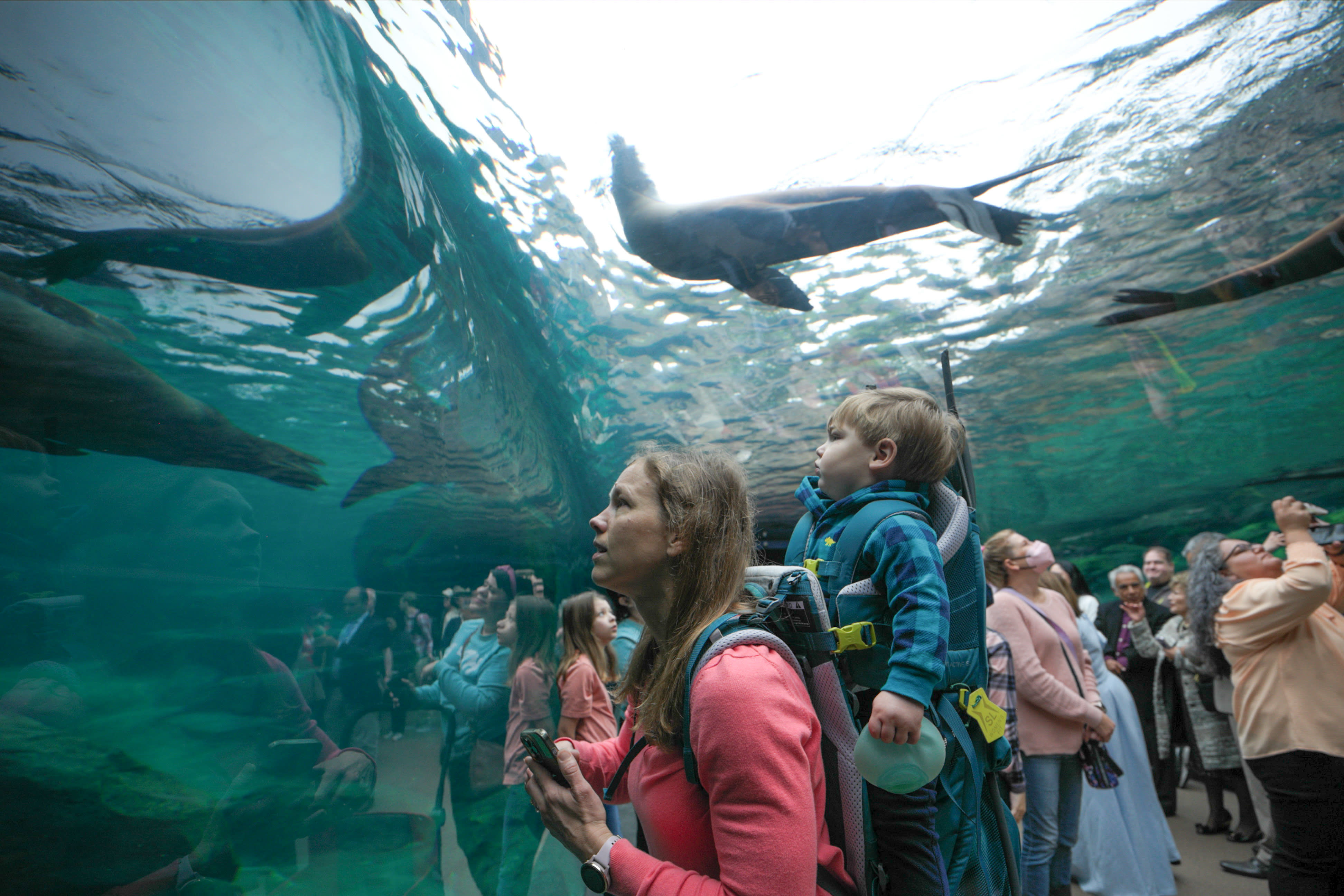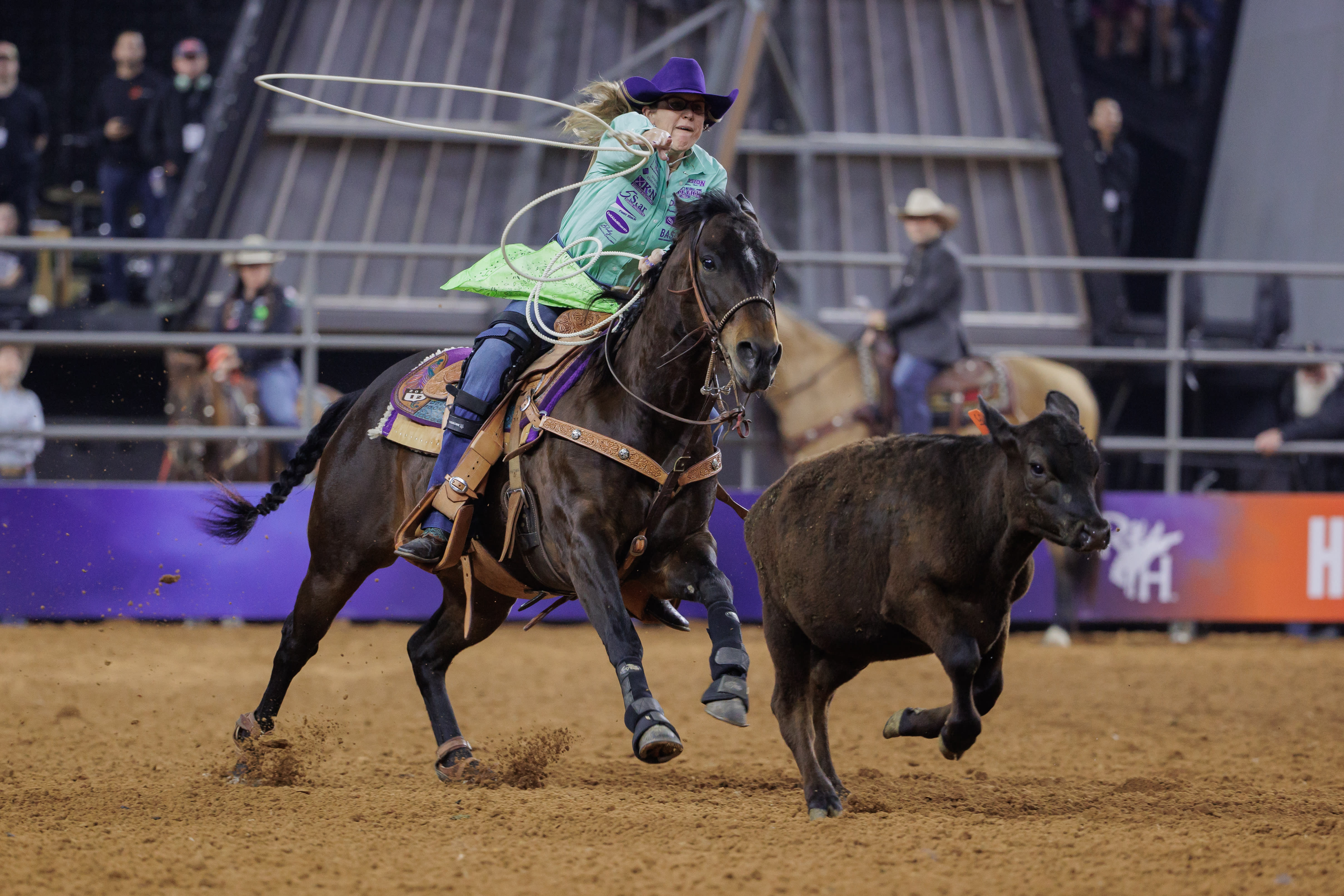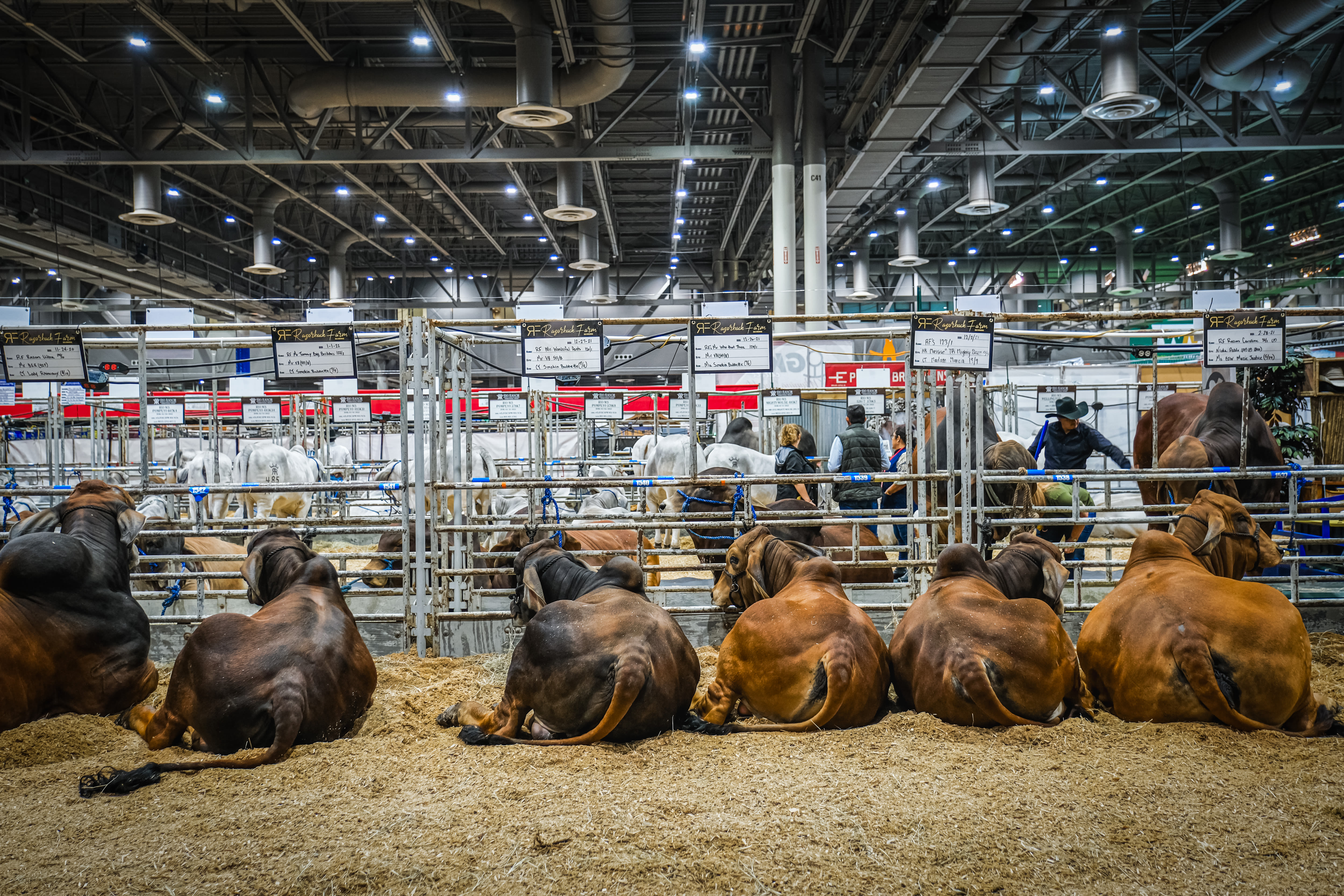A Simple Twist of Fate Brought Ed Emmett to the Bayou City
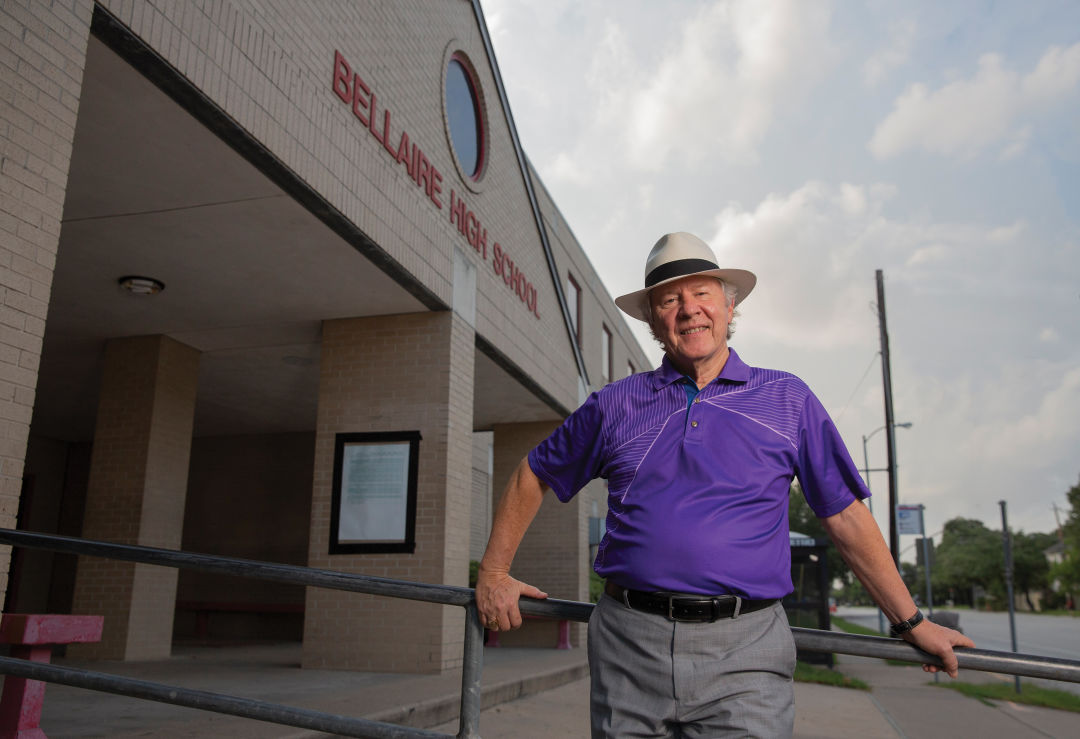
Image: Thomas Shea
Ed Emmett was born about 200 miles north of Houston near the city of Tyler, which endowed him with a twang that has smoothed out—but never entirely disappeared—over time. While his accent is pure East Texas drawl, he started studying his adopted hometown from the moment he arrived as a high school junior, after his father’s office job with Humble Oil was transferred here.
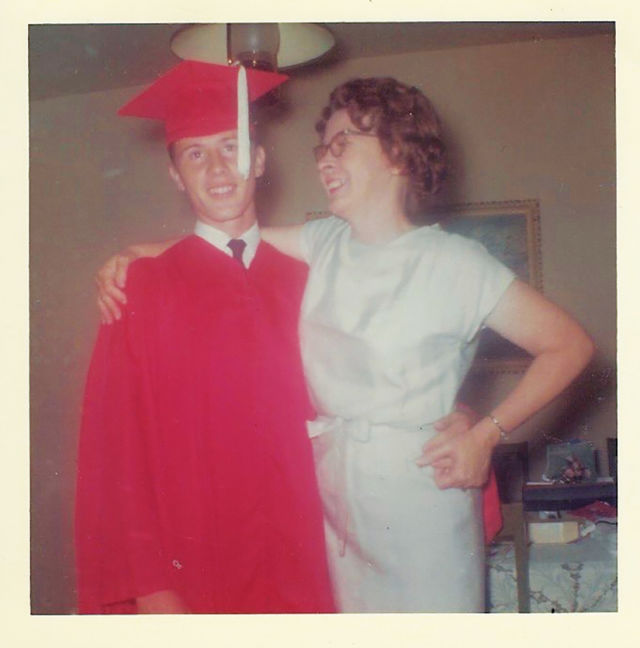
With his mother in 1967.
Image: Courtesy of Ed Emmett
The family settled in Knollwood Village, a neighborhood near Meyerland just south of Brays Bayou, and Emmett enrolled at Bellaire High School. Somewhat to his amazement, he quickly snagged a top spot on the tennis team, which helped him adjust to life in the big city.
Emmett graduated with a bachelor’s degree in economics from Rice in 1971 and a master’s in public affairs from the University of Texas in 1974. A few years later he was elected as a Republican to the state House of Representatives, where he served for nearly a decade before joining the Interstate Commerce Commission under President George H.W. Bush.
In 2007 he began a nearly 12-year stint as Harris County judge, becoming a voice of calm as everyone worked through the fallout of the Great Recession, massive floods, and the hurricanes that just kept rolling in. Emmett himself directed traffic at NRG during Hurricane Ike, and he continued orchestrating the county response during Harvey even after suffering a stroke. Despite a surprise loss in his 2018 reelection bid, he has been cemented in Houstonian minds from both parties as an exemplary leader ever since.
Looking back, Emmett cites his family’s move as the pivotal moment that made it all possible.
How did living in Houston shape you as a politician?
What Houston did was it put me in contact with people who were different from me, but in a context that was very comfortable. I think I grew a great deal. Some of my best friends to this day are people I met from completely different cultures, and I think that made me a better person than if I had lived in East Texas.
What’s the biggest change you’ve seen in your neighborhood since you were a kid?
The biggest change is in the overall area: There used to be floods, of course, and I got to see that change up close and personal in my time as judge. But years ago Meyerland didn’t really flood, Knollwood didn’t flood.
What changed? We spent a lot of time trying to discuss that. In the ’60s there was some subsidence, but that’s stopped since then because Houston no longer uses as much groundwater. It was largely just the development, the way the development occurred upstream, and the more water that got into Brays Bayou. It became a much more flood-prone area.
What is an issue that you are still passionate about that you learned about based on where you grew up?
The reason I came to Houston during my junior year in high school was when my father got transferred. … That’s when I learned he had a mental health condition, a panic disorder. It had never crossed my mind before why he never drove by himself—it turns out he could not be alone. He would always ride public transportation, because there’s always someone on a bus. >>
You think about what this man went through. He’d get off work at 4:15, 4:30 p.m.; he’d ride the bus getting to Meyerland Plaza. My mom would pick him up. So having access to transportation, having all those things was very important to my family, and that’s been my personal passion for a long, long time.
What Houston leader most inspired you?
When I had gone to graduate school there was a state representative named Hawkins Menefee, who was incredibly kind to me during the state legislative session and at the Constitutional Convention in 1974.
In Harris County the Texas Legislature went to single-member districts for the first time. Before, party bosses could kind of control things, but in single-member districts you literally could go door to door to campaign. So in the 1972 election a whole bunch of young people got elected: Hawkins Menefee was 27.
They were all young, idealistic, and probably at the time Menefee was seen as liberal, though in this world he might be seen as a moderate Democrat. He was intelligent and maintained his humor, and that always stuck with me. These days we get into these bitter fights, and everyone wants to make an enemy permanently, but Hawkins got along with Republicans and Democrats. I’m sorry we’ve gotten away from that.
What was it about where you grew up that inspired you to get into politics?
I think the political bug came more when I was at Rice University with all those things going on (primarily civil rights and the Vietnam protests). But moving to Houston just opened my eyes to a possibility that I would not have had if I stayed in East Texas. And going to Bellaire High School, the biggest high school in the state at the time, showed me that I can compete on a different level.
Take tennis, for example. I grew up on public tennis courts, so I’d go to Dallas or something to play a tournament and run into some big school and be terrified. But I come here, I ended up playing as No. 1 for Bellaire High School. If I’d stayed in Tyler, I would’ve been intimidated. To that extent, it changed my life, for sure.

